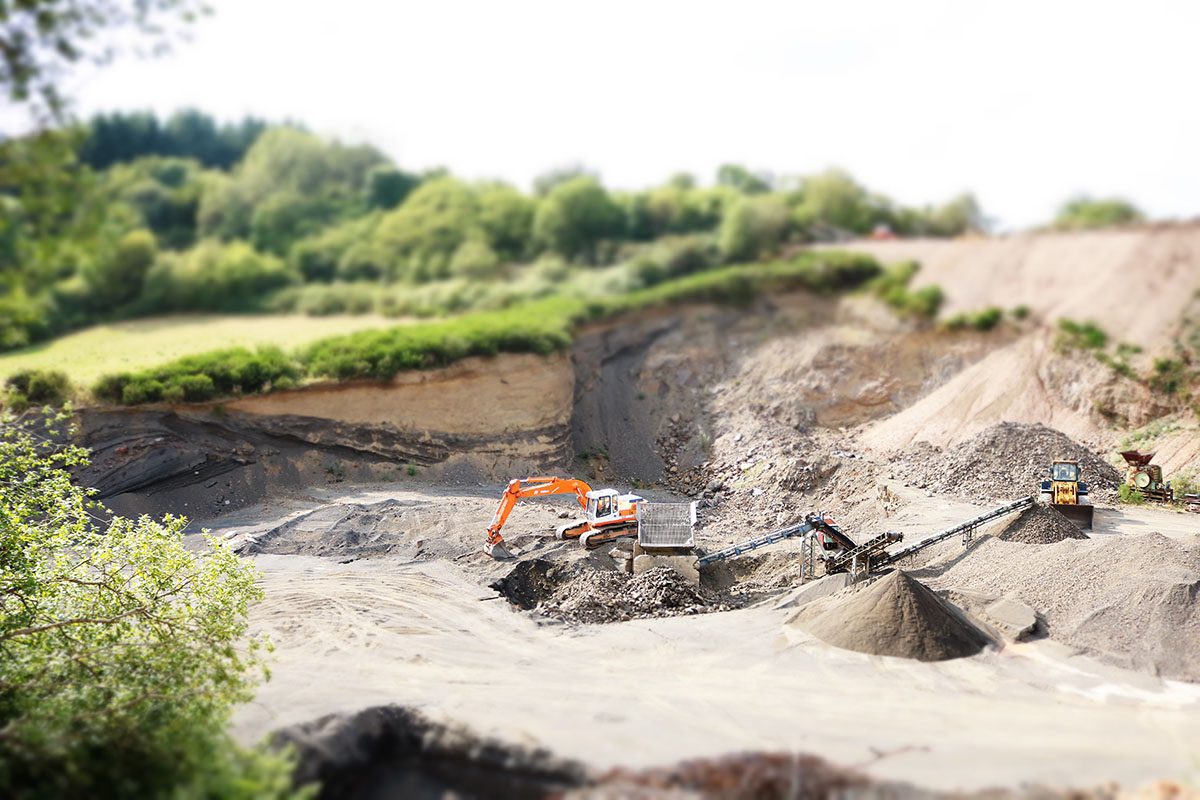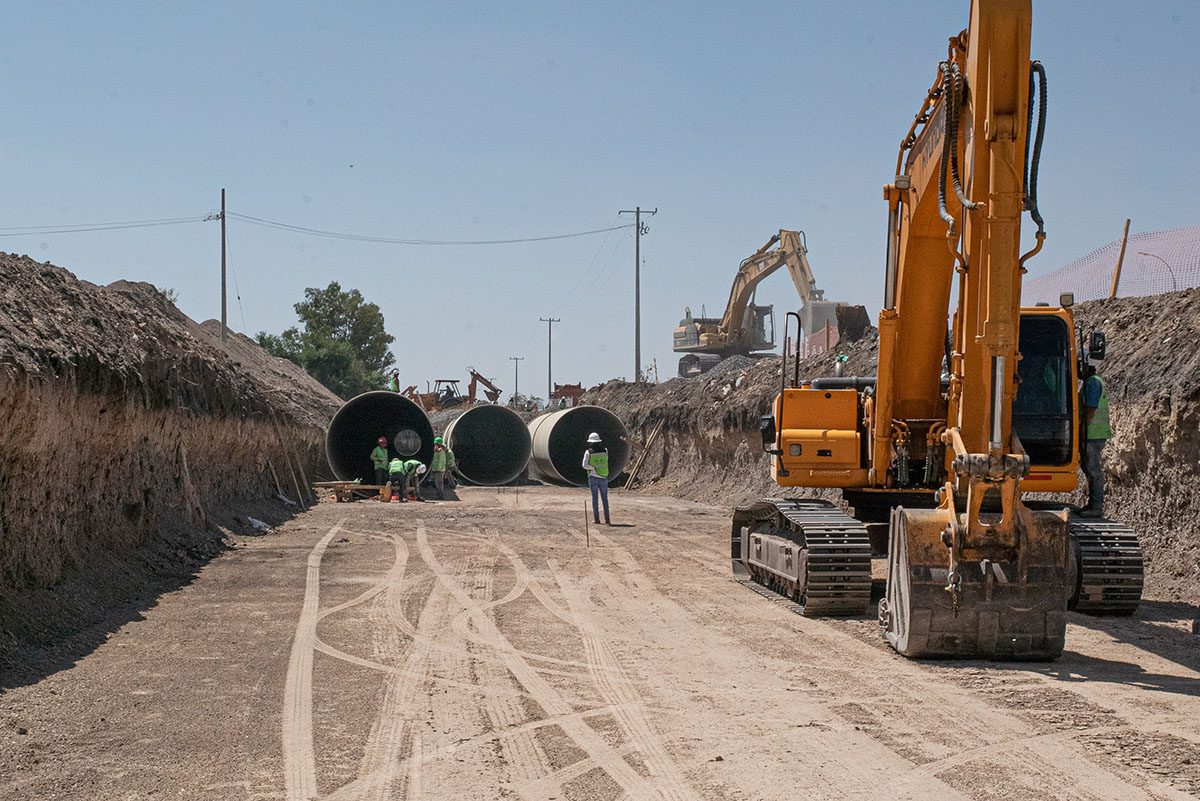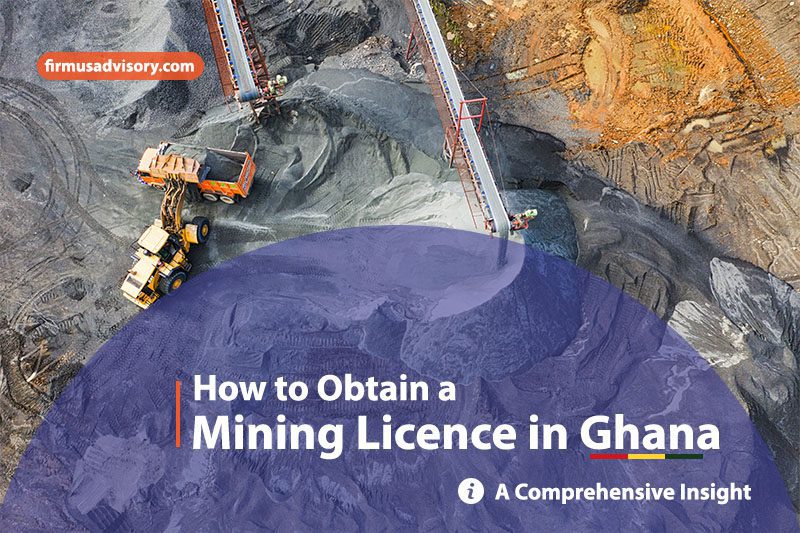Introduction – Mining Licence in Ghana
Every company seeking to enter the mining industry in Ghana requires a mining licence. The mining industry in Ghana accounts for 5% of the country’s GDP and minerals make up 37% of total exports of which gold contributes over 90% of the total mineral exports.
Ghana is one of the leading producers of gold in Africa and the seventh leading producer in the world. Some major operating mines in Ghana are Anglogold Ashanti (Ghana) Ltd, Anglogold Ashanti (Iduapriem) Ltd, Goldfields Ghana Ltd, Newmont Ghana Gold Ltd, Chirano Gold Mine among others.
Ghana has 20 large-scale mining companies producing gold, diamonds, bauxite, and manganese, and, there are also over 300 registered small-scale mining groups and 90 mine support service companies.
What is the key legislation regulating mining in Ghana?
The key legislation regulating mining in Ghana is the 1992 Constitution of Ghana, the Minerals and Mining Act, 2006 (Act 703), as amended by the Minerals and Mining (Amendment) Act, 2015 (Act 900), the Minerals and Mining (Amendment) Act, 2019 (Act 995), and the Minerals Commission Act, 1993 (Act 450). It should be noted that there are other subsidiary legislations that regulate different aspects of the mining sector.
Who is responsible for issuing a mining licence in Ghana?
The agency that has the mandate and is responsible for issuing a mining licence is the Minerals Commission, Ghana (www.mincom.gov.gh). In addition to granting of licence, the commission undertakes the coordination and implementation of policies related to mining in Ghana.
What are the types of mining licences in Ghana?
There are various types of Mineral Rights and Licences available in Ghana. They include;
Reconnaissance Licence (RL)
Regional exploration and does not include drilling and excavation.
Prospecting Licence (PL):
Search for minerals and evaluation.
Mining Lease (ML):
Extraction of minerals.
Restricted Mining Lease (RML):
Building and industrial materials.
Small Scale Mining Licence:
Extraction of minerals. This type is reserved for Ghanaians only.
Each mineral right and licence has a distinct defined area and duration but are all renewable.
Obtaining gold mining concession
Entities who want to venture into the mining business need a site where they can mine gold. The minerals commission has a database of possible mining sites that individuals and entities can legally acquire and mine.
Private individuals are encouraged to use their own trusted resources and technology to ensure that the sites that they want to acquire have the required amount of minerals that they want to mine.
What documents are required to apply for a mining licence in Ghana?
- Completed application form. The form is available for download on the Minerals Commission website.
- Certified copies of documents of incorporation that show the applicant is a body incorporated under the Companies Act, 2019 (Act 992) or the Incorporated Private Partnership Act, 1962 (Act 152) or under any other enactment in force.
- Certified copies of the company’s regulations for the companies in the old system and Constitution for companies in the new system. Also, add details of shareholding and directors.
- Specify the size, the number of cadastral blocks, and the cadastral coordinates delineating the area being applied for (site plan).
- Particulars of the qualifications and experience of the technical team in charge of the reconnaissance operations.
- Work program describing the scope and type of the work to be conducted, including the expenditure on reconnaissance.
- Particulars of the financial resources available to the applicant for the proposal reconnaissance operations.
- Provide evidence of payment of the applicable fees.
- Cadastral search report
- In the case of conversion from reconnaissance to prospecting license, a certified copy of the reconnaissance license is required.
In case of conversion to mining lease, a certified copy of reconnaissance and prospecting licence are required.

What is the procedure for obtaining a mining licence?
Step 1: Submit your application
Fill and gather all required documents necessary for your application, submit at the district office. It takes 5 days to renew the application and another 5 days to notify errors. N.B: Forms are available to the public. (www.mincom.gov.gh).
For Small Scale mining, Submit to Mineral Titles Department (MTD), After submitting application to the district office, the district office shall submit the application to the MTD in 10 days, MTD reviews the application in 10 days and records it in the priority register.
Step 2: Publish in Gazette
Once the application has been submitted, it is published in a Gazette (newspaper) to notify the stakeholders.
For small-scale mining, within 10 days after publication, district office shall submit an application dossier (a collection of documents about the subject) to MTD for appropriate recommendation to the minister.
Step 3: Stakeholders
Once published stakeholders have 21 days to submit concerns about the application.
Step 4: Commission considers Application
The commission considers the application and recommends to the honorable minister. This takes 30 days.
Step 5: Minister takes Decision
The Hon. Minister within 60 days takes a decision on the application.
Step 6: Approval/Rejected
In 21 days, applicants are notified of the status of the application and fees payable if approved. If the application is rejected, reasons are communicated to the applicant.
Step 7: Applicable Fees
Applicant pays applicable fees and gives notice of acceptance to the Minister and the commission in writing. This is done within 60 days.
Step 8: License
The minister upon receiving proof of payment of applicable fees grants a license to the applicant within 30 days after the date of acceptance.
Cost of mining license
The cost of obtaining a mining licence is determined by the Minerals Commission. This is system generated and is based on the type of mining to be undertaken and the size of mining concession.
What is the validity period of a mining license, and can it be renewed?
Mining licence is valid for three (3) years subject to renewal for another three years upon expiry.
Getting a gold export license in case you do not want to go through the stress of mining.
Entities who would not like to go through the stress of mining can also register a Gold Trade and Export company and acquire a licence for this purpose from the minerals commission.
Follow the link below to read more on gold buying and export licence in Ghana
(http://firmusadvisory.com/2021/08/12/registering-for-a-gold-buying-and-export-license-in-ghana/)
Mining Support Services
To register as a service provider, an applicant must submit an application to the Commission. This application must be accompanied by supporting documents including:
- A profile of the applicant.
- Particulars of incorporation in Ghana.
- The annual reports of the applicant (i. e. where the applicant is an existing company);
- A copy of the applicant’s contract with the mineral right holder, if any.
- Particulars of machinery and equipment to be used by the applicant.
- Evidence of the applicant’s financial resources.
- Business Plan of the applicant.
- Tax clearance certificate issued by the Ghana Revenue Authority to the applicant
- The applicant’s programme for the employment and training of Ghanaians in accordance with the Minerals and Mining (General) Regulations, 2012 (LI 2173).
- Upon registration, the Commission issues an applicant with a certificate which is valid for one year from the date of issue. The certificate is renewable annually subject to compliance with the terms and conditions of the certificate and the Regulations.

Support service providers are classified into Class A and Class B. Class A support services are open to both Ghanaians and non-Ghanaians whereas Class B support services are reserved for Ghanaians. Both classes, however, are required to be provided specifically and exclusively to a mineral right holder.
Class A support services include contract mining services, mining and ancillary construction services, assay laboratory services, drilling and blasting services, mining consultancy services, mineral exploration services, the supply of mining equipment and spare parts and fabrication of equipment and manufacturing of components and consumables specifically and exclusively for the mining industry.
Class B support services are contract mining services for small-scale mining and haulage services to and from mine sites including the transportation of personnel.
Some of the mining support service providers include Kal Tire Ghana Limited, Kezy-Bans Logistics & Investment Limited, Secoroc Ghana Limited, Red Sea Housing Services Ghana Limited, AECI Ghana Limited, Baj Freight & Logistics Limited etc.
Relief for small-scale gold miners
Government has decided to reduce the withholding tax rate for sale of unprocessed gold by small scale miners. Small scale miners will pay 1.5% withholding tax. This is a reduction from the 3% tax which they paid up until 2021. This is to ensure that small scale miners stay compliant with government agencies.
Conclusion
It is important for individuals and corporate entities seeking to engage in gold purchase and export as well as those going into mining in Ghana to know that it is a regulated industry. Investors are advised follow the right procedure to trade and export in gold.


